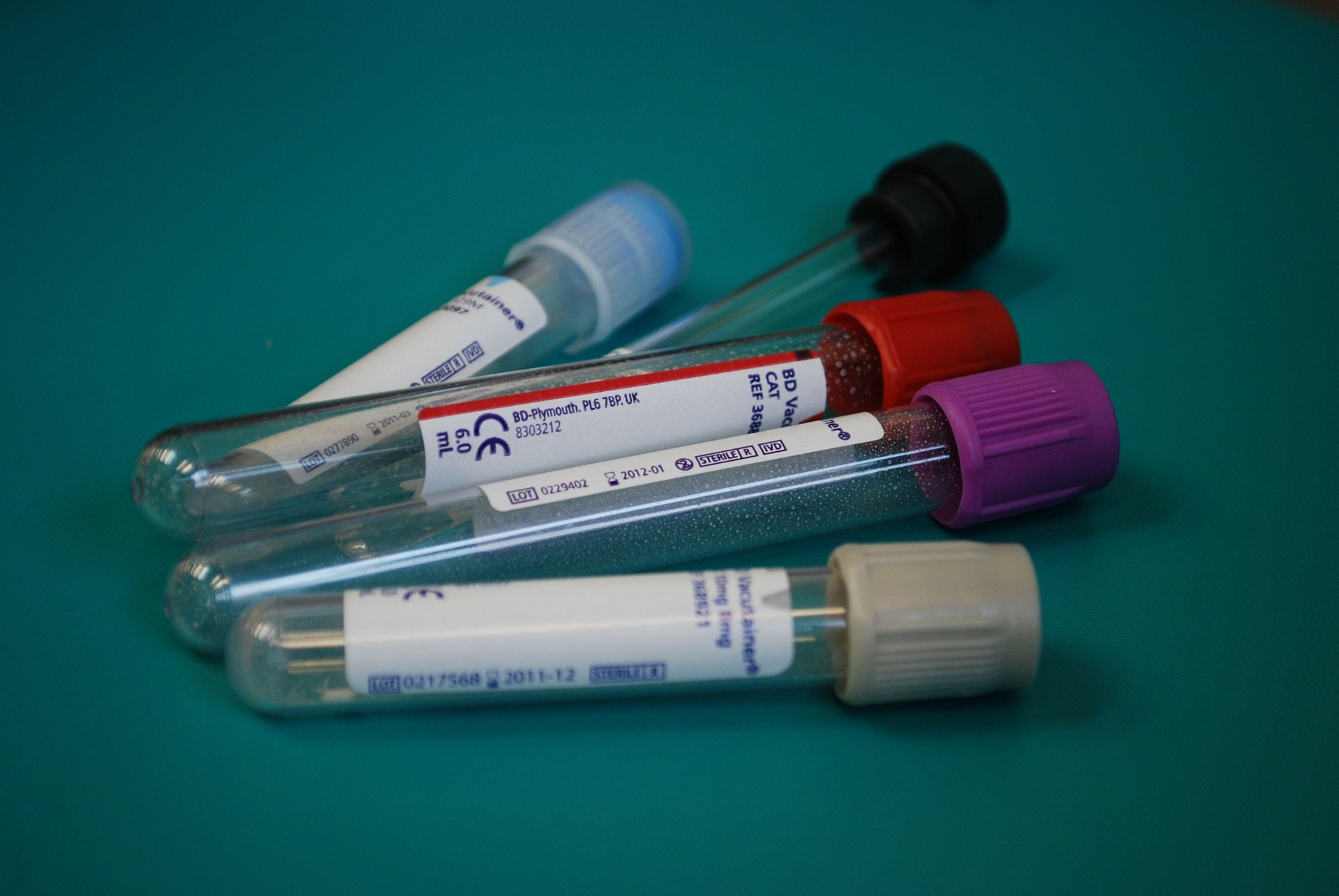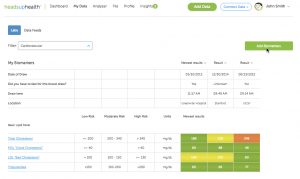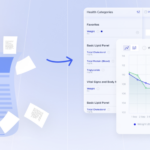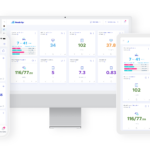Let’s face it: if you’re concerned about your health, you’ve got to take matters into your own hands. Between battling your insurance company, working with an uncooperative doctor, and going up against outdated dietary advice that’s dying far too slow a death, if you want to attain and maintain optimal metabolic health, sometimes you have to get in the driver’s seat and order your own lab tests.
Doctors are intelligent, hardworking, and dedicated people, but they’re not infallible. Between seeing patients, dealing with burdensome paperwork, and overseeing the day-to-day operation of their offices, many of them have precious little time left for staying up-to-date on the latest research in their fields. And even if they’re keeping current with developments in their particular specialty, they might remain unaware of breakthroughs in other disciplines that could have important implications for their own—and for your health.
What this means is, if you’d like to run your labs more frequently than your doc is inclined to order them for you, or you want to get some lab tests your doctor isn’t familiar with, you have to go a different route.
In this post, we’ll show you how to run your own labs so you can obtain the information you need to feel in control of your health. We will also show you how Heads Up Health can help you manage all of your health data, including lab test results, in one single and secure location. You can learn more about the Heads Up Health service by clicking on the button below. Or, read on for more information on how you can take control of your health by running your own lab tests.
[maxbutton id=”6″]
Reasons to Order Your Own Lab Tests
- Uncooperative doctors: If you request certain tests from your doctor because your own research has led you to believe they’d give you valuable information, don’t be surprised if the doc doesn’t share your enthusiasm. Even if you present them with an armload of studies from reputable scientific journals to support your case, your doctor still might not be keen on ordering anything and everything you request. For better or worse, lots of folks consult “Dr. Google” these days, and while there’s a world of helpful information regarding health and wellness to be found online, there’s also a lot that’s misleading, confusing, and just plain wrong. So you can’t blame your doctor for hesitating. While you’re the expert on your own body, he or she is the expert when it comes to medicine. So if your doctor is uncooperative, it’s not because they’re stubborn and enjoy giving you a hard time. More likely it’s that they’re simply not aware of the importance of some of the tests you might ask for. (Case in point: fasting insulin—the most important test doctors aren’t ordering.)
- You want to test more frequently than your insurance covers: When you make changes to your diet and lifestyle, good things start happening fast. For example, blood glucose, insulin, and blood pressure can decrease dramatically within just a few days of starting a low-carb diet. Other favorable changes take only a few weeks. But maybe your insurance covers a checkup and routine bloodwork only every six months, or once a year. You don’t want to wait that long. Seeing for sure that your triglycerides have come down or you’ve got much less inflammation could encourage you to stick with whatever plan you’re following. Nothing motivates more than results.
- Insurance doesn’t cover the tests you want: Insurance companies aren’t in the habit of paying for anything they don’t deem absolutely necessary. So if you’re looking for tests outside the mainstream—an advanced cholesterol panel, for example—you’re often on your own.
- You want a test that falls outside the conventional offerings: Food sensitivity tests, organic acid profiles, stool testing, and other tests that are well-known within the low-carb, ketogenic, and Paleo/ancestral health communities aren’t exactly household words. Many doctors wouldn’t even know how to order these for you. If you want this kind of cutting-edge testing—perhaps to get answers to longstanding health concerns that have not resolved after exhausting other options—you’ll need to find a private company that offers them.
So what’s a concerned patient to do?

Be proactive — get lab tests done on your own!
Good news! There are now several options available for you to order your own lab tests—no referral required! You can order the tests you’d like, print out the requisition, and visit a lab to have your blood or urine sample collected. The results are sent directly to you (usually electronically, through an account you create with the testing company).
The companies that provide these services typically don’t accept payment by insurance, but they can provide you with a detailed receipt or medical CPT codes so you can file for reimbursement from your insurance company. (Be sure to check with your provider; not all insurance companies will reimburse for this.)
Don’t let an uncooperative doctor or a stingy insurance company be a roadblock to gathering data you feel is important for your health. Remember: Nobody cares about your health more than you do. But you can’t track things if you don’t have the data, and you won’t have the data without running lab tests.
Here are five companies providing direct-to-consumer lab tests:
- Request A Test (Wide range of tests available as packages or a la carte. Uses LabCorp and Quest Diagnostics for lab services; testing not available in all states. Certain restrictions apply on orders for customers under 18 years of age.)
- DirectLabs (Wide range of tests available as packages or a la carte. Uses Quest Diagnostics for lab services; not available in MD, NJ, NY & RI. Orders not accepted for customers under 18 years of age.)
- InsideTracker (Offers three different testing packages; fewer tests available than other services, no option for fasting insulin, thyroid hormones, or female sex hormones.)
- WellnessFX (Wide range of tests available as packages or a la carte.
- MyMedLab (Wide range of tests available as packages or a la carte. Uses Quest Diagnostics for lab services.)
Note: When you purchase lab tests from Request-a-Test, DirectLabs, InsideTracker, or MyMedLab, they will direct you to Quest Diagnostics to have the blood drawn and analyzed. The good news is Quest Diagnostics is already integrated with Heads Up Health. This means you can connect Quest Diagnostics to your Heads Up profile and your lab test results will instantly synchronize. See this video for more information on connecting Quest Diagnostics to your Heads Up account or contact us if you need assistance.
Tracking your results
Heads Up Health was designed to help you track all of your vital health data in one place, including your lab test results, so you can have a complete picture of your health available at all times. With connections to over 20,000 health systems across the US, you can easily integrate your lab test results into your Heads Up profile and track your results over time. You can also track your blood sugar, ketones, body composition, and other important health metrics so you can better understand how your lifestyle changes are affecting your overall health.
If you are ready to start taking control of your health data, create an account using the button below. You can also contact us any time with any questions or find us on Facebook, Twitter, and YouTube for our latest updates.
[maxbutton id=”4″]




















